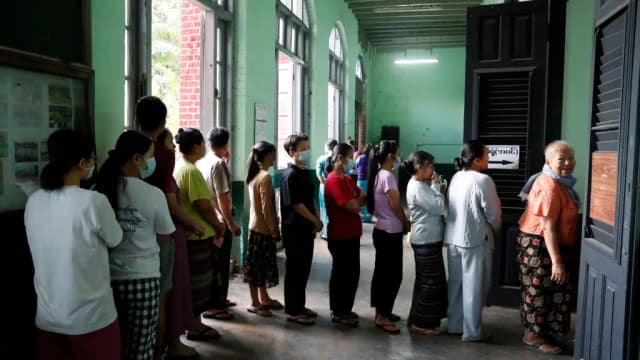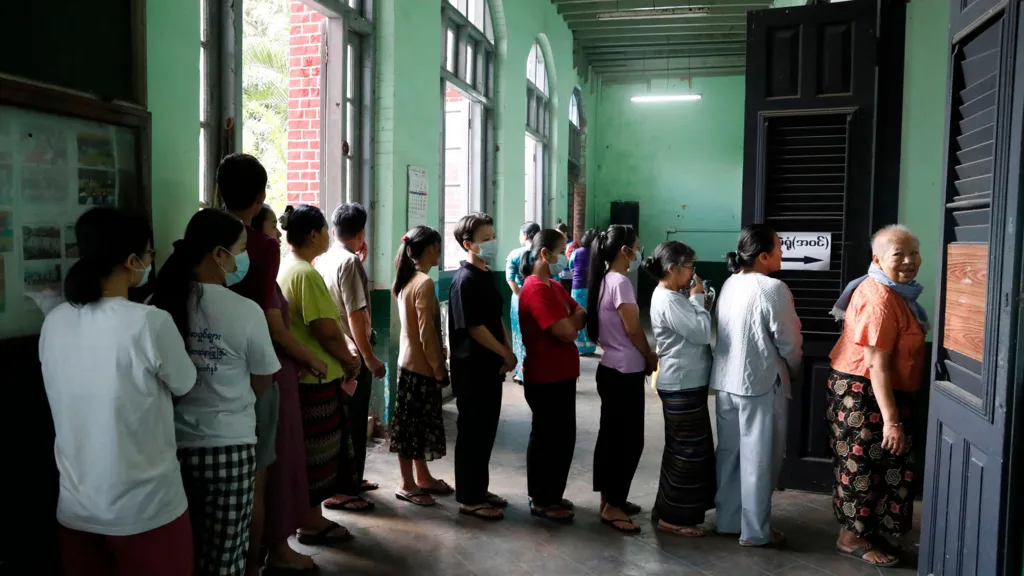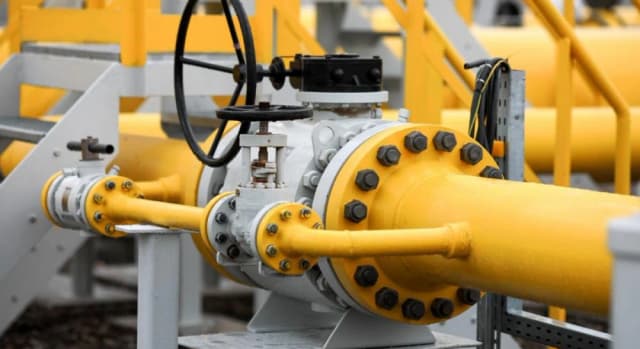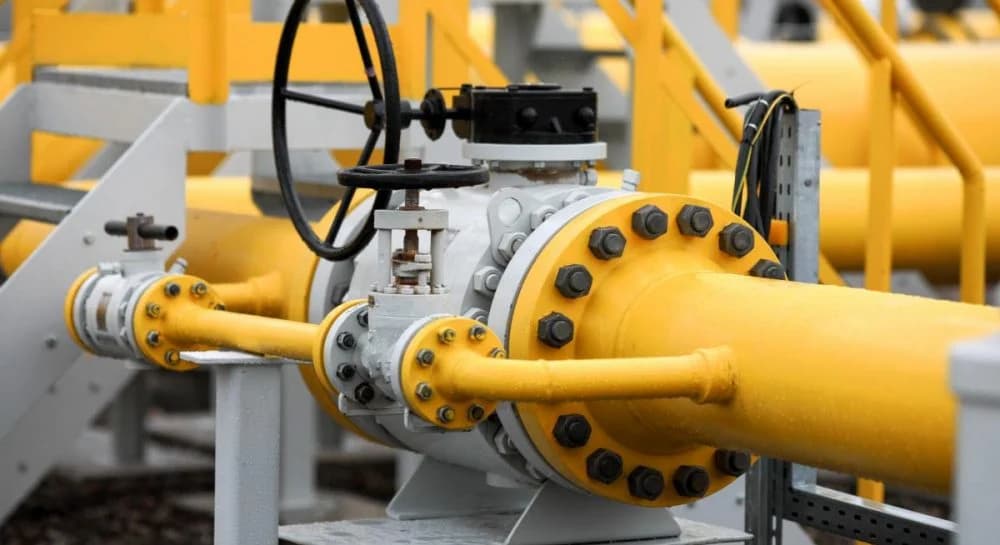The end of Lukoil's resale scheme with Gunvor

RESURGAM EDITORIAL
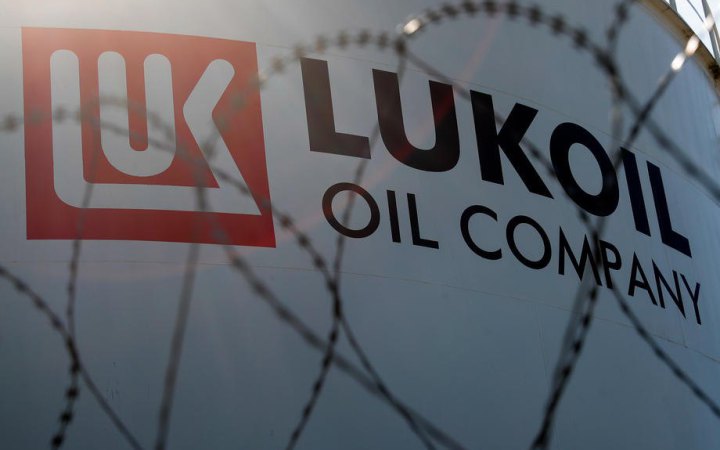 Photo: EPA/UPG
Photo: EPA/UPG
The sanctions effectively blocked the companies' ability to operate in international markets. The Treasury Department gave them time to shut down their operations by 21 November 2025. Overall, this threatened the existence of the entire international network of assets of Russian companies.
Announcement of agreement with Gunvor
But on 30 October 2025, just a week after the sanctions were imposed, Lukoil unexpectedly announced that it had accepted an offer from Swiss trading company Gunvor Group to buy all of the Russian oil giant's international assets. According to the Financial Times, the assets were valued at approximately $22 billion.
The deal involved the transfer to Gunvor of a large portfolio of assets, including oil refineries in Bulgaria, Romania and the Netherlands, as well as a 75% share in an Iraqi oil field and a network of around 2,000 petrol stations in Europe and the United States.
If the deal had gone through, Gunvor would have become a full-fledged energy giant with its own production of 440,000 barrels of oil and condensate per day, which is roughly equal to the production of Ecuador alone.
The history of Gunvor and ties with the Kremlin
Gunvor Group was founded in 1997 by Swedish businessman Thorbjorn Tornquist and Russian oligarch Gennady Timchenko, who is a close friend of Putin. In the 2000s, Gunvor became one of the world's largest traders of Russian oil.
In 2014, on the eve of US sanctions over the annexation of Crimea, Timchenko sold his 44% stake to Tornquist.
Since then, Gunvor has tried to position itself as a company that has severed ties with Russia. In 2023, it announced that it no longer trades any Russian oil, although The Bell reported that trading had only been reduced, not stopped completely.
Suspicions about the company
Analysts close to the US Treasury Department have raised a number of serious suspicions about the deal between Gunvor and Lukoil:
First, the extraordinary speed with which the agreement was reached raised questions. Several other energy companies contacted Lukoil after the news of the sanctions to inquire about the possibility of purchasing assets, but were immediately rejected. Gunvor, on the other hand, reached an agreement with the company in a couple of days.
Secondly, there were questions about the financing of the deal. Gunvor, whose equity capital is estimated at approximately $7 billion, planned to purchase assets worth up to $22 billion. Gunvor's CEO categorically refused to provide information about the actual value of the deal and its sources of financing.
Thirdly, Gunvor's own history of sanctions due to its close ties to the Kremlin raised serious doubts about the company's sincerity in its intention to completely cut ties with the Russian regime.
In response to these suspicions, Gunvor's management launched an intensive lobbying campaign in Washington. Tornquist gave several interviews in which he claimed that Gunvor had no connection to the Kremlin and that the deal would not include the possibility of buying back the assets. However, the company's management refused to answer questions that would have added transparency to the process.
Decision of the US Treasury Department
On 6 November 2025, the US Treasury Department published a statement on social network X, stating that ‘the Kremlin's puppet, Gunvor, will never receive a licence to operate and make a profit.’
This decision was the result of a thorough review and analysis of Gunvor's ties to the Kremlin conducted by Treasury Secretary Scott Bessent and his team. The Treasury Department's statement effectively ended any possibility of the deal going through.
A few hours after the Treasury Department's statement was published, Gunvor posted its own response on social media, calling the US agency's statement false and misleading, but at the same time announcing the withdrawal of its offer for Lukoil's international assets.
Future scenarios for Lukoil's assets
After the deal with Gunvor was blocked, the future of the company's international assets remains uncertain. The simplest option for Lukoil would be to sell its assets to its current partners in the relevant projects. For example, the company owns a 75% stake in the West Qurna 2 oil field in Iraq, with the rest belonging to other players. In the Kazakh projects Tengiz and Karachaganak, Lukoil owns 5% and 13.5% respectively, with the majority stakes belonging to Western companies.
At the same time, Bulgaria and Romania, where Lukoil's largest oil refining assets are located, are actively considering options for state control over these facilities. The Bulgarian parliament has already passed a decision allowing the state to appoint a special manager to run the 'Lukoil Neftohim Burgas' plant. This decision was prompted by the country's critical dependence on this enterprise, as the plant provides more than half of the country's fuel needs.
The key factor that will determine the pace and conditions of these processes remains the position of the Trump administration and the duration of the war in Ukraine. If sanctions pressure on Moscow intensifies, the process of selling Lukoil's assets will accelerate. In contrast, any negotiations to end the war could lead to a review of the sanctions policy.

RESURGAM EDITORIAL
You may be interested
